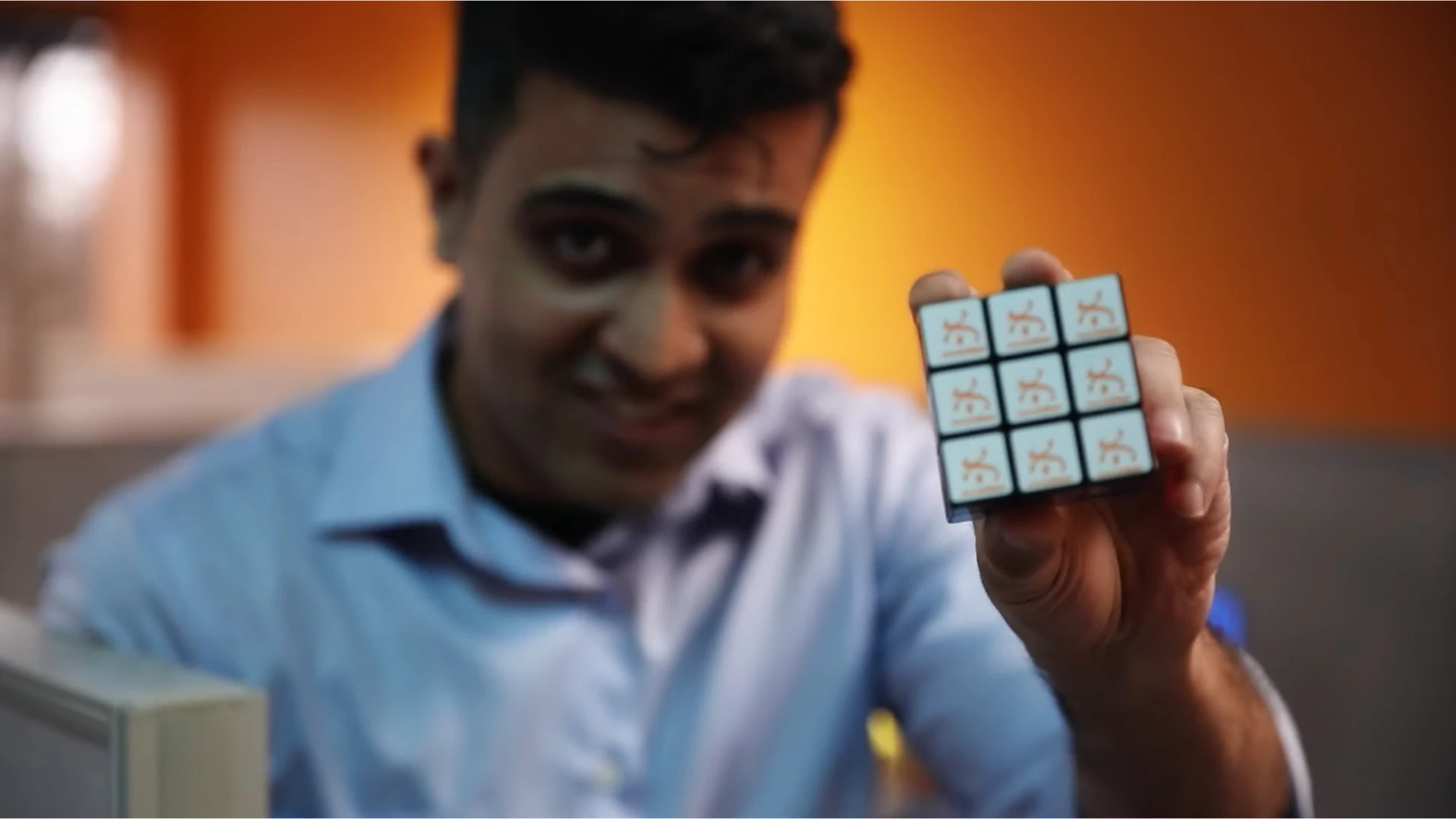From NetElixir CEO’s Desk: Google’s Antitrust Case Ends, and It’s Anticlimactic
The District Court’s long-awaited remedies ruling in the Google antitrust case feels, in many ways, like a historic anticlimax
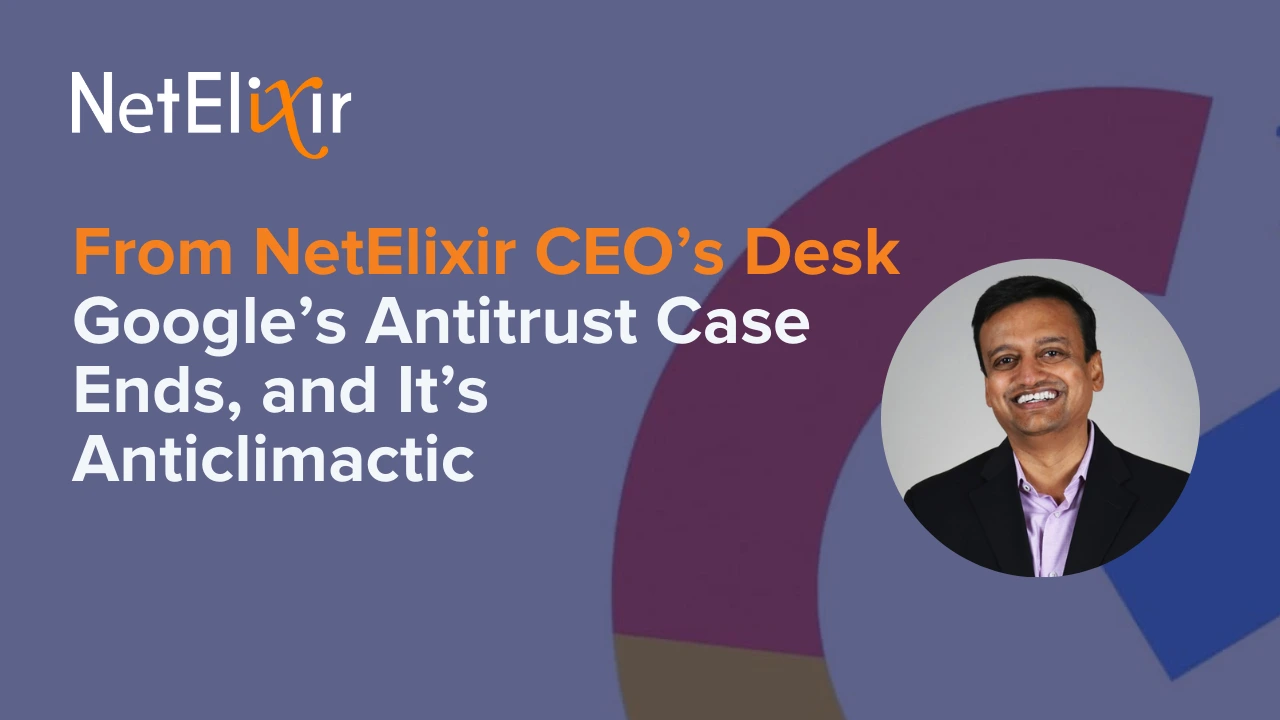
Written by Udayan Bose, Netelixir CEO
The District Court’s long-awaited remedies ruling in the Google antitrust case feels, in many ways, like a historic anticlimax. For nearly five years, this case was positioned as the big moment when Google’s monopoly grip on search would be reined in. Instead, the Court delivered remedies that sound meaningful in theory but, on closer look, don’t really change the power equation.
What Changed and What Didn’t
Google can no longer sign exclusive default deals with Apple, Samsung, or the carriers. But beyond that, most of the remedies are narrow or watered down.
- The data-sharing obligation excludes ads data, which is where the real competitive leverage lies.
- Advertisers didn’t get back “exact match” bidding or granular query-level reporting — just a promise of more transparency in auction changes.
- Publishers, who arguably are hit hardest by AI-driven “zero-click” answers, were left out entirely.
- The call for structural relief (breaking up Chrome or Android) was flatly rejected.
The Net Result
Google walks away largely unscathed. It avoids divestitures, keeps making massive payments to partners, and escapes major obligations to advertisers or publishers. Six years of oversight is manageable for a company of its scale. For all practical purposes, today was a very good day for Google.
Why the Court Took a Restrained Path
So why did the Court take such a restrained path?
Reading the opinion, one line stood out. The judge openly admits that courts are not great at redesigning markets or predicting where technology will go. When this case started in 2020, search was the only real gateway to the internet. In 2025, we live in a different world.
Tens of millions of people are asking ChatGPT, Perplexity, Claude, and even the iPhone-integrated ChatGPT questions that would have gone to Google just a few years ago. The Court clearly recognized this. GenAI chatbots are not yet a full substitute for search, but they are emerging as a genuine competitive force. And I suspect the judge didn’t want to “over-correct” against Google just as it faces its first real challenger in decades.
Innovation Over Regulation
In some sense, this ruling reflects a philosophy that innovation, not regulation, will ultimately discipline Google. The bet seems to be that GenAI will do to Google what no courtroom ever has: force it to adapt, compete, and possibly even share the stage.
Read more Articles
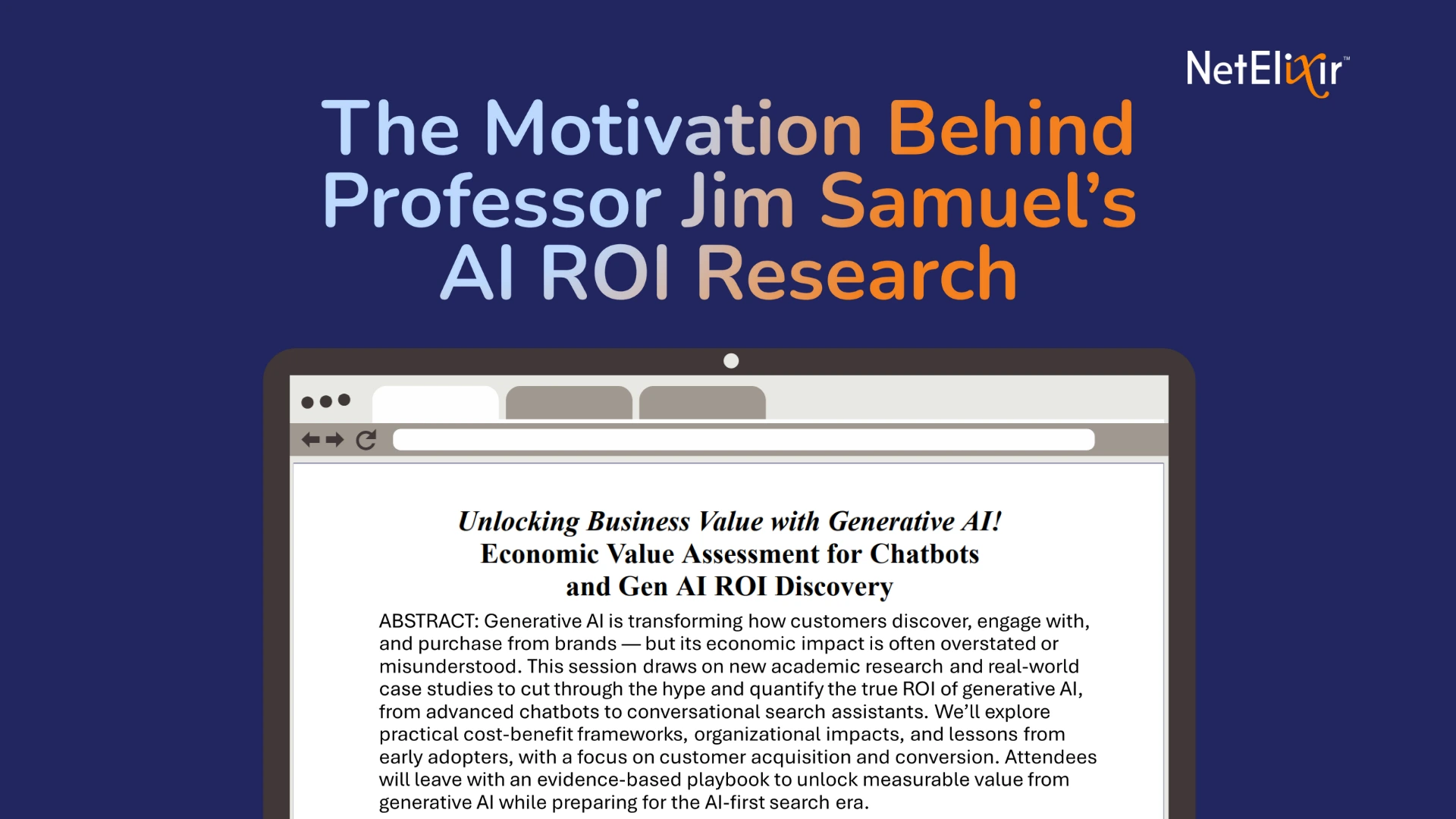
What really drives the ROI of AI? Professor Jim Samuel set out to find the answer.
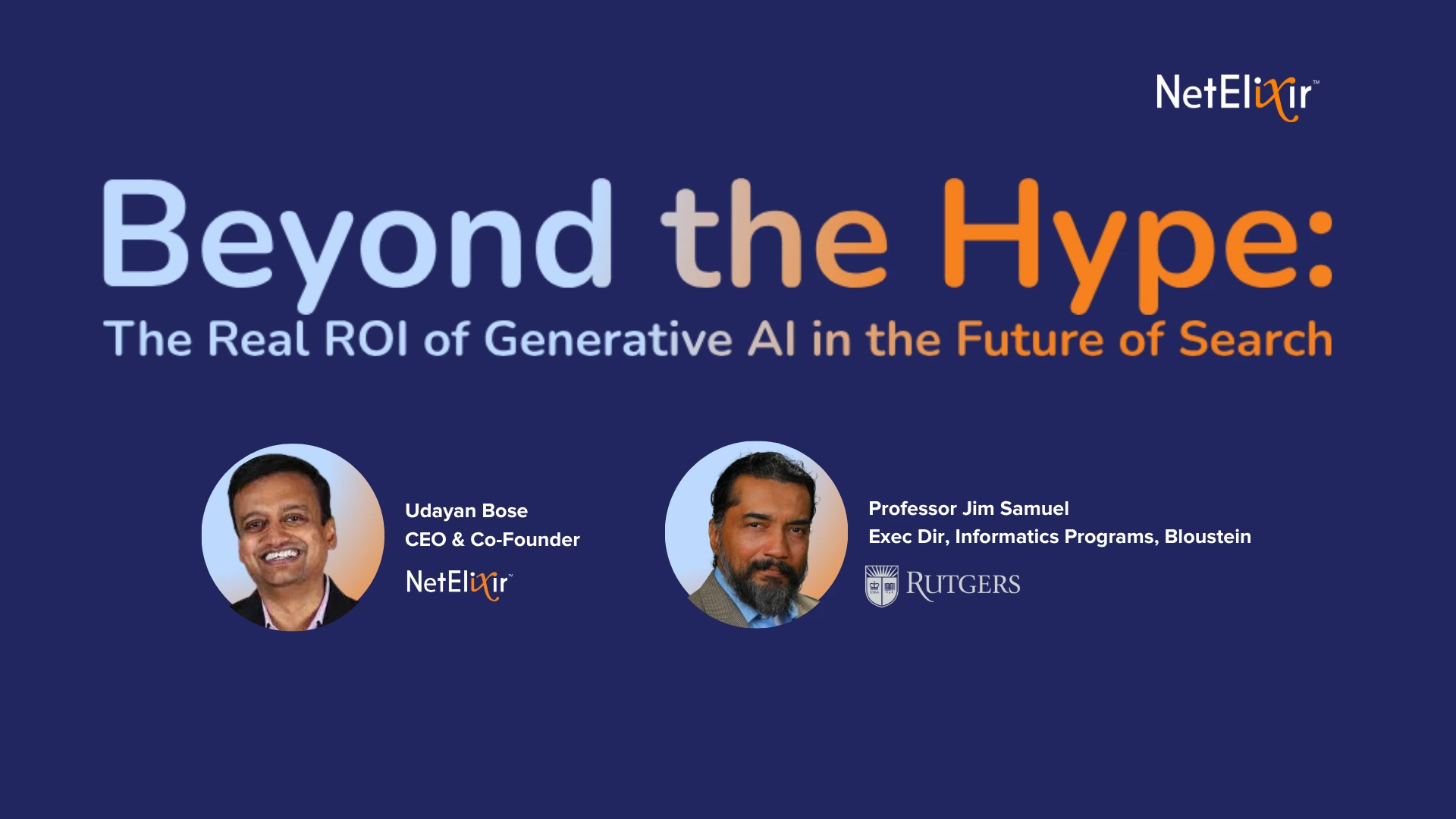
Artificial intelligence isn’t just transforming how we market, it’s redefining how people discover, decide, and act online.
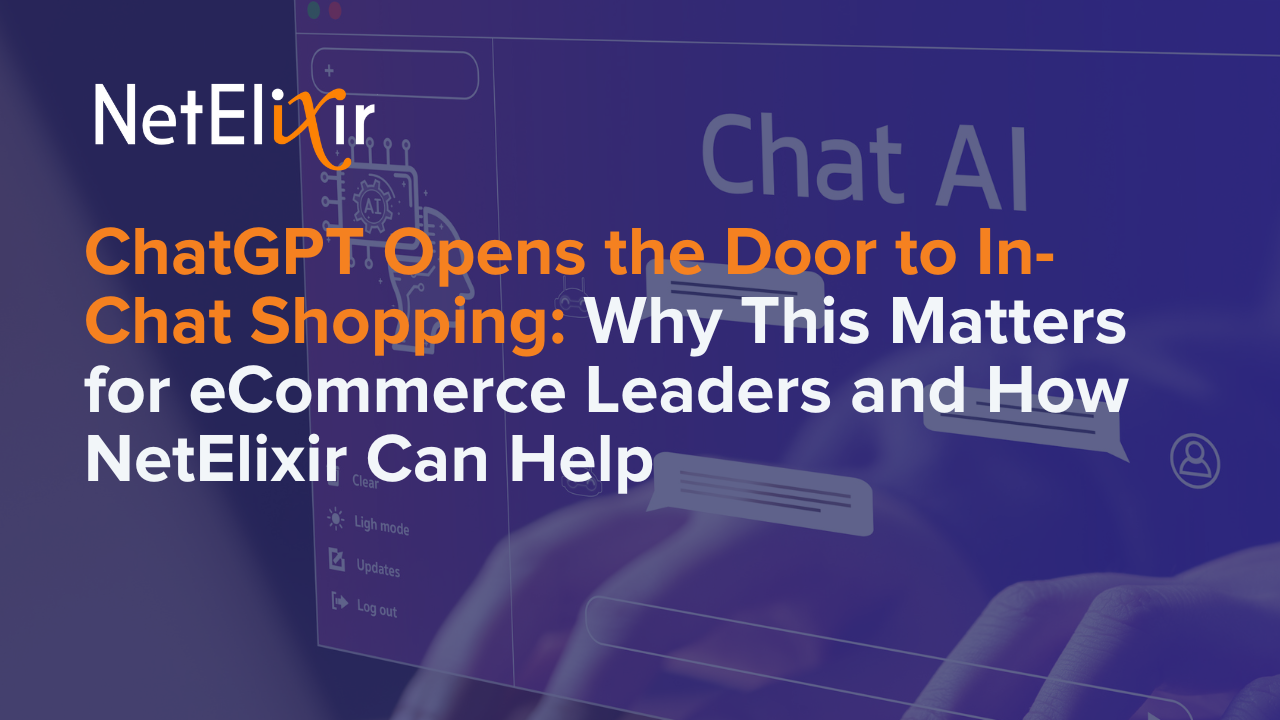
ChatGPT is reshaping online shopping with in-chat commerce. Explore why this matters.
Join the

Community
A space for thinkers and doers. Join us in shaping tomorrow.






